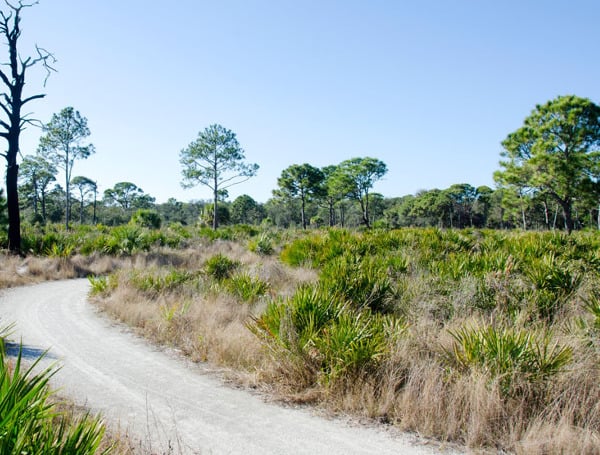A state appeals court on Friday denied environmental groups’ pleas for a review after ruling last month that a legal battle over conservation money was “moot.”
The 1st District Court of Appeal, as is typical, did not explain its decision to dismiss applications for rehearing.
The long-running court struggle arose from a 2014 constitutional amendment requiring the Land Acquisition Trust Fund to set aside a percentage of real-estate documentary stamp tax earnings for conservation purposes.
Read: Presidential Preference Primary Election On Tuesday In Florida
Environmental groups claimed that the funds were intended for the purchase and management of additional property, and that the state inappropriately transferred funds to other expenses in combined cases. The claims included state budget decisions for the 2015-2016 fiscal year.
The legal battle began in 2015, but the squabbling lasted years, with verdicts from the 1st District Court of Appeal and the Florida Supreme Court.
A three-judge panel of the appeals court agreed last month with Leon County Circuit Judge J. Lee Marsh’s 2022 finding that the lawsuit had become moot.
The panel stated that the environmental groups “challenged only the validity of specific 2015-16 appropriations,” requesting that the trial court order those sums refunded to the LATF (Land Acquisition Trust Fund).
However, once those appropriations were finished or reversed and the fiscal year ended, the current complaint as stated had no remedy available, due to no fault of the defendants.
Read: Sea Turtle Nesting Season Arrives Along Florida’s Coasts
The claims were moot. However, in seeking a rehearing, the groups maintained that the dispute was not moot because they were seeking a “declaratory judgment” over the use of the money.
One of the motions, filed by an attorney for Florida Defenders of the Environment, stated that the “Legislature has consistently appropriated LATF resources for reasons very different from acquiring conservation properties in order to substitute expending general revenues to pay them.
The primary goal of this case is to determine whether the Legislature behaved and continues to act in violation of the Constitution.
Help support the Tampa Free Press by making any small donation by clicking here.
Android Users, Click To Download The Tampa Free Press App And Never Miss A Story. Follow Us On Facebook and Twitter. Sign up for our free newsletter.

